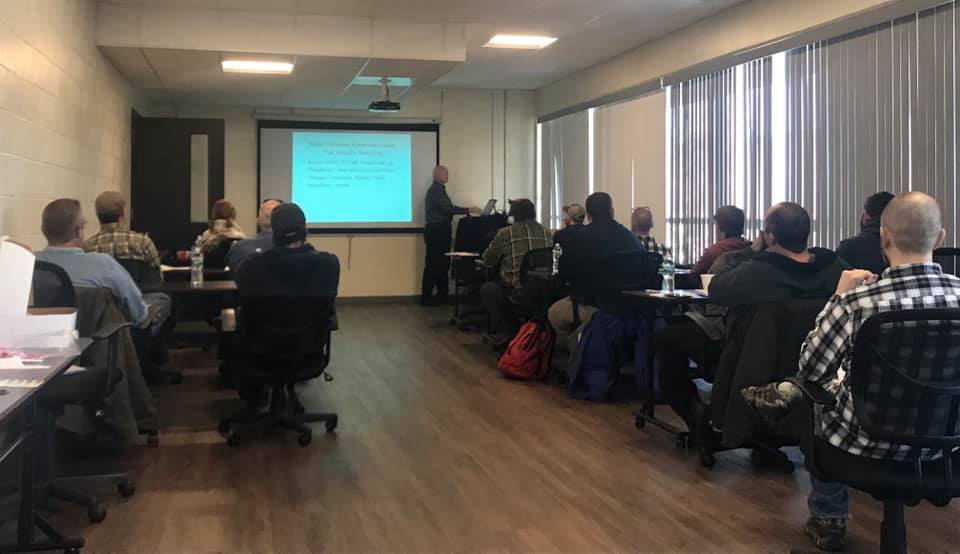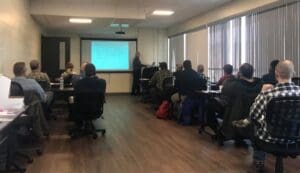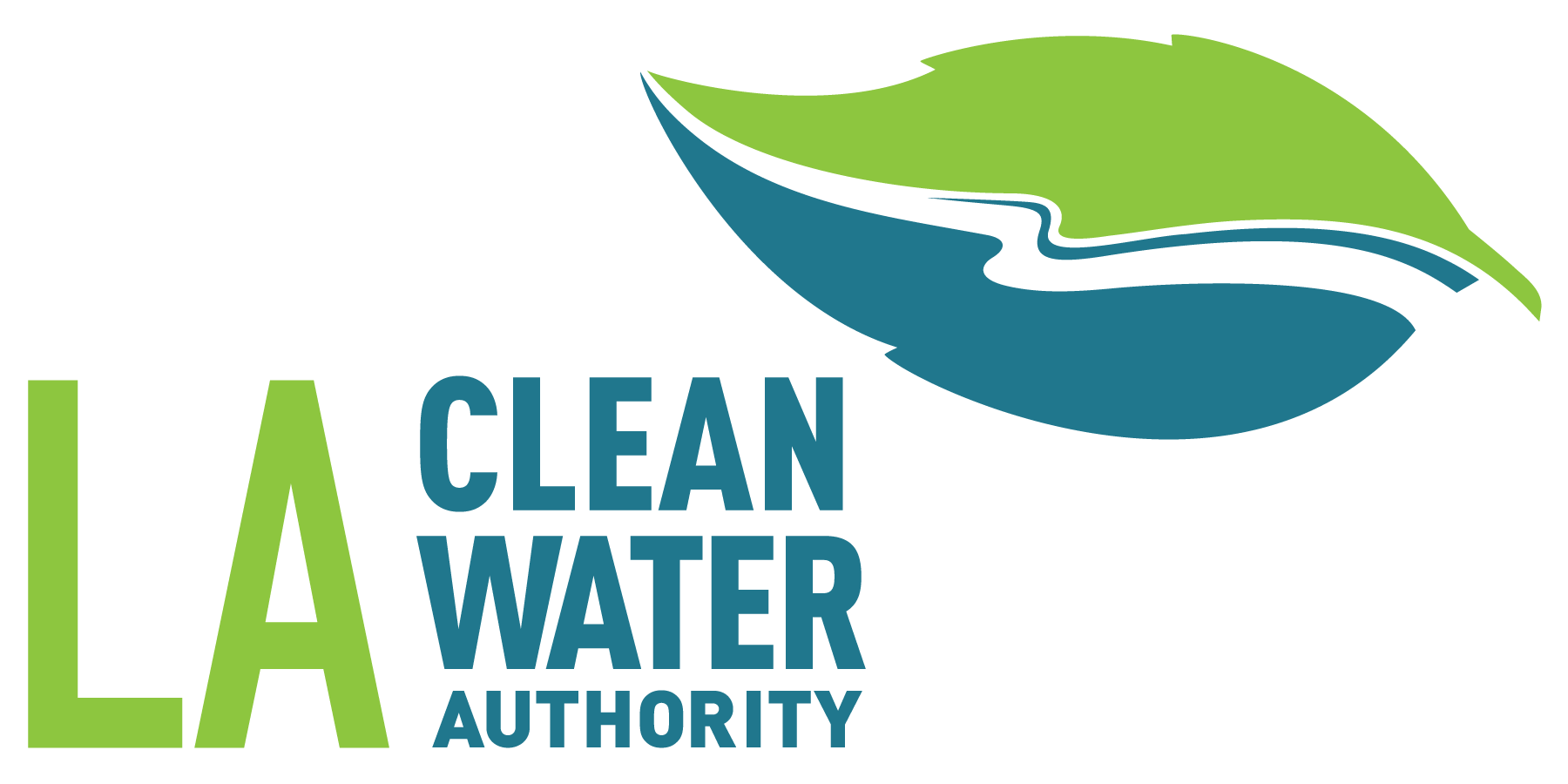hello@domain.com
+00 999 123 456

PFAS FAQs
Frequently Asked Questions About PFAS
 PFAS compounds are a group of compounds in which fluorine atoms are bonded to carbon chains, creating an extremely strong bond. They were developed in the early decades of the 20th century for their properties of shedding or repelling water and most fats and oils.
PFAS compounds are a group of compounds in which fluorine atoms are bonded to carbon chains, creating an extremely strong bond. They were developed in the early decades of the 20th century for their properties of shedding or repelling water and most fats and oils.
PFAS compounds have been widely used in consumer products (Teflon cookware, stain and fire retardants used in clothing, carpets and furniture, food packaging, ski wax, firefighting foams, and even dental floss).
One report by the Centers for Disease Control and Prevention’s National Health and Nutrition Examination Survey (NHANES) found PFAS in the blood of 97% of Americans[i]. Although production of the most common PFAS compounds have been phased out of production in the United States (and many, but not all, countries), the presence of these compounds is still common worldwide. In any case, the levels measured in human blood has been decreasing. Since 2002, production and use of PFOS and PFOA in the United States have declined. As the use of some PFAS has declined, some blood PFAS levels have gone down as well. From 1999 to 2014, blood PFOS levels have declined by more than 80%. From 1999 to 2014, blood PFOA levels have declined by more than 60%[ii].
The state of the science regarding PFAS compounds is unsettled and rapidly expanding. This is true of analytical methods, health effects, and treatment technology. Much of this is due to the very small concentrations being considered – generally in the tens of parts per trillion(ppt) (one ppt in terms of time is 1 second in 31,700 years or in terms of volume, 1 drop of water in 20 Olympic swimming pools).
Yes. The DEP began requiring testing for three (3) PFAS compounds in March 2019. This requirement requires semi-annual testing of our biosolid products. Additionally, the Maine DEP is undergoing testing on all LAWPCA land application site soils and associated drinking water supplies. Land application site dairy, crop, and silage have also been tested as part of understanding the transport and fate of these compounds. The land application site testing is expected to last through 2023. Additionally, the DEP is planning to undertake testing of our treated discharge water for PFAS starting in the Fall of 2022 and lasting for 12 months.
The short answer is yes. Given that these chemicals are so ubiquitous, it is unreasonable to think that they wouldn’t make their way into our system. As we clean the dirty water entering our facility, a by-product is produced termed “biosolids”. This material is where we find most of the PFAS contamination. Prior to late 2018 when PFAS became a contaminant of concern and standards were established, these biosolids were supplied to DEP licensed and permitted farm application sites or composted at our Auburn facility and sold to the public. These programs provided nutrients and other soil benefits to all end users and were deemed safe, DEP approved, and in compliance with applicable rules and regulations. LAWPCA continued scaled back beneficial reuse of these biosolids between 2019-2021 while maintaining regulatory compliance.
Lastly, it should be noted that LAWPCA does not use PFAS compounds in our treatment plant, nor do we produce PFAS, we simply receive it and are not designed to treat for it – we essentially reflect the chemical profiles of the Lewiston/Auburn community we serve.
Despite being a victim and not a “source” of the contamination, the fact that these compounds exist in our product has forced us to stop beneficially reusing these materials. We no longer produce compost to be used for soil amendment, nor do we provide nutrient rich material to farmers. Instead, we now transport 100% of our material to landfill. This change of practice has negative impacts for the environment and the farmers, and has also increased the cost for LAWPCA to manage these products an additional $400,000+/year. Because of this, we strongly support the elimination of unnecessary production or use of PFAS.
Simply put, there isn’t much we can do. We support continued testing to identify and address any industrially impacted sites and will continue to cooperate with the DEP and Legislature as they develop response plans to this very challenging issue. We have been evaluating safe biosolids management alternatives, and while no proven biosolids PFAS destruction technology exists, we have been working towards solutions to mitigate the impacts of landfilling our material. One solution we have been working through design of is thermal drying of our material, which would result in nearly an 80% reduction in the volume of material that we would have to transport to and take up space of a landfill. This technology is extremely expensive, and is still relatively new, so we are proceeding cautiously. As the regulatory world learns more about the fate, transport, pathways of concern, and health impact of these compounds, the regulatory impacts will become clearer for us. With additional certainty, we will develop short- and long-term plans that will ensure we are managing our biosolids in the least environmentally impactful and cost-effective manner possible. The science and understanding of these compounds are evolving quickly and we are supporting these efforts and hope to be part of the solution.
North East Biosolids and Residuals Association www.nebiosolids.org
Maine DEP www.maine.gov/dep/spills/topics/pfas/
EPA www.epa.gov/pfas
The Lewiston-Auburn Water Pollution Control Authority (LAWPCA) was created by an act of the Maine Legislature in 1967 to provide wastewater treatment services to the Cities of Lewiston and Auburn.
Updates
As of October 15, 2021, we will no longer accept RV waste
One resource for finding alternative locations is here:
Hours of Operation
Our facility is regularly staffed Monday – Friday from 6:00 a.m. to 2:00 p.m.
Please contact us to schedule visits and appointments.
Telephone: (207) 782-0917
